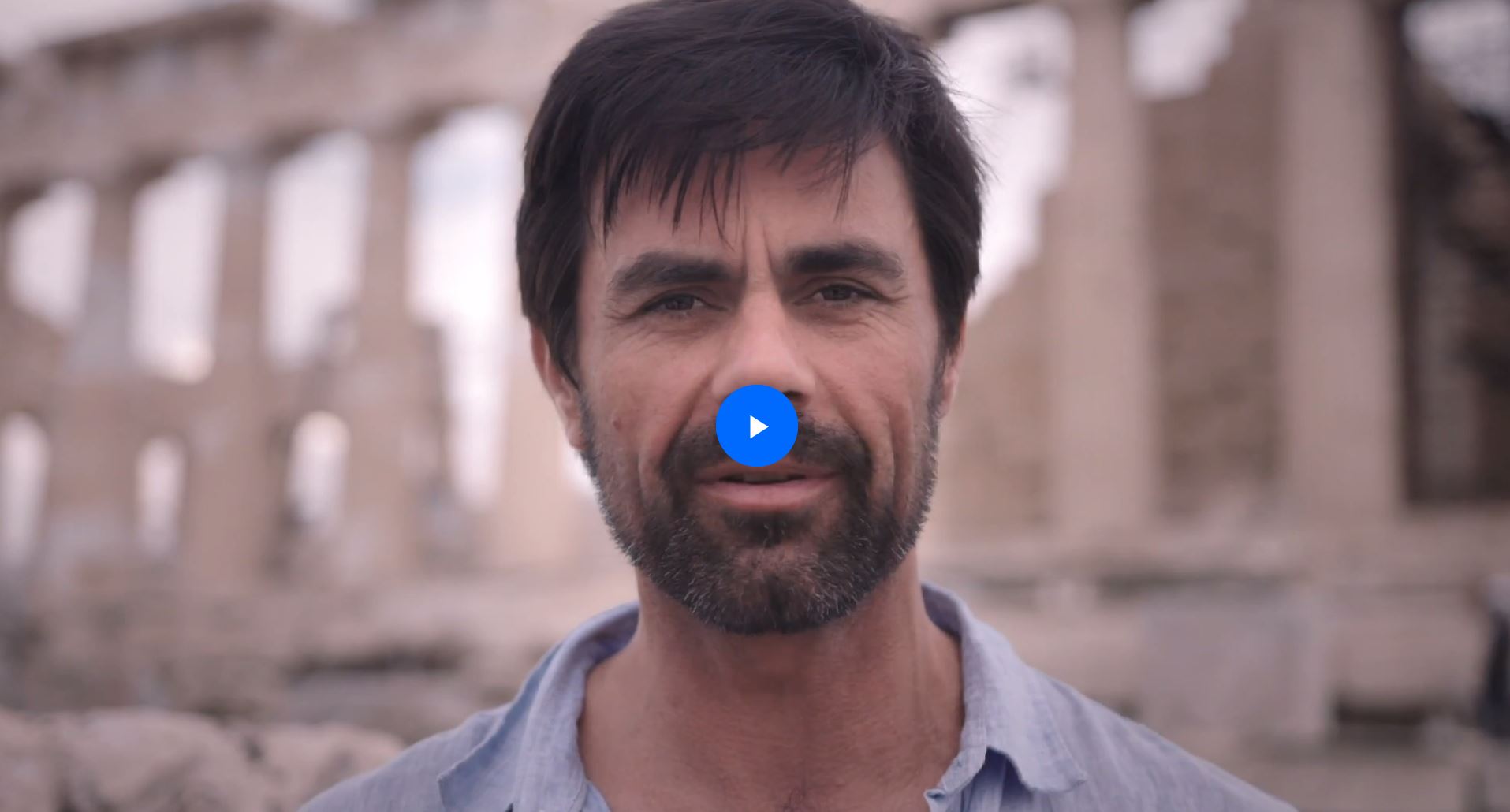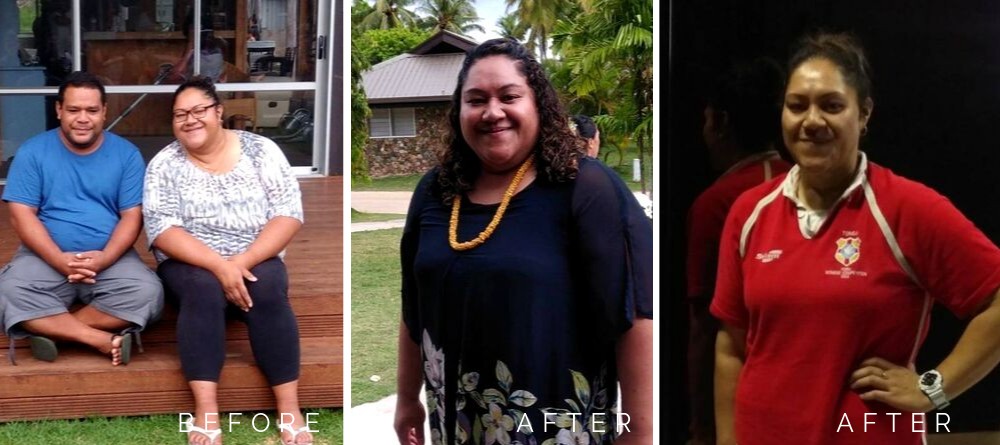
Q: What is the second biggest cause of cancer after smoking?
A: Obesity. (No, it’s not alcohol, pollution, radiation, stress, or the sun.)
In his recent documentary series, How Not To Get Cancer, Auckland weight loss surgeon Dr Richard Babor looked at the association between obesity and an increased risk of cancer and his findings are quite disturbing.
“I see how disabling obesity can be and I see a lot of suffering that comes out of cancer. When I first started training as a surgeon, the relationship between obesity and cancer was not understood and now it’s becoming clearer and there is very new evidence that makes that link even more strongly. It’s a real worry for me because I work in both those fields and they seem to be converging.”
Could the obesity epidemic turn into a cancer crisis?
The obesity crisis is getting worse. In 2016 there were almost 2 billion overweight or obese adults in the world.
And because obesity rates are increasing, there is potential for younger generations to have higher rates of cancer than we are experiencing currently. Research shows that overweight or obese children are likely to be overweight or obese adults and we know that being overweight or obese increases the risk of cancer. So the children of today are more likely to have ill health in later life.
Susannah Brown from the World Cancer Research Fund explains further: “What we know at present is that smoking is still the number one risk factor for cancer. But we’ve seen over time smoking rates fall…. and we’ve seen obesity rates increase. We’re getting close to the time where these lines will cross and we’ll see obesity overtake smoking as the number one modifiable risk factor for cancer.”
An opportunity to prevent cancer with weight loss surgery
In obese patients, the whole body is inflamed and inflammation is one of the very important drivers of cancer.
But there is no easy fix to reverse this condition. Once a person reaches the clinical threshold for obesity, a body mass index (BMI) of 30 or more, it’s nearly impossible to lose weight and keep it off through diet and exercise. Anyone who’s been on a diet will know hard it is. Even if you weigh 150kg, after a day on just 500 calories, your body will respond as though you are starving to death! Our body defaults to a weight set point – our physiology conspires to keep us fat.
So how do you lose weight and reverse the corresponding cancer risk once you’re obese? The last resort is weight loss surgery.
Mahlia Ahokava’s story
Mahlia Ahokava, a 36 year old woman from South Auckland who appeared in the first episode of How Not To Get Cancer, is testimony to how weight loss surgery improves life expectancy.
Mahlia had been overweight her whole life. As a child, she was not slim like her siblings. And even with regular exercise, her weight in adulthood yo-yoed between 120kg and 164kg.
Added to the ill effects of obesity, was the discovery that Mahlia had pre-cancerous cells in her womb. Richard Babor explained: “..the cells in the lining of her womb had characteristics, both in their individual appearance and in the pattern they were growing, that suggested these cells were gradually changing from normal cells into cells that are on the first step down the pathway of transforming into cancer cells.”
Major clinical studies show that rates of cancer in females go down by 50% after weight loss surgery. Richard met with Mahlia and explained to her that weight loss surgery would change the hormones that drive her hunger and her ability to eat, leading to weight loss and, hopefully, reverse the progression of the pre-cancerous cells.
Post surgery

Since her surgery in October 2018, Mahlia has now lost 54kg. She’s pleased with the weight loss but, as she explains, it was never solely about losing weight, it was also about improving her health and her fertility.
“When I saw Dr Richard Babor he really believed that losing weight would really help get rid of these cells or at least stop the pre-cancerous cells progressing to cancer. I’m also trying to better my fertility. Those were more motivating and important for me than the actual weight loss.”
Her latest womb sample now shows normal cells, a pleasing result for both Mahlia and her surgeon.
“Malia is my first patient having this treatment for the specific reason of cancer prevention and preservation of fertility,” says Dr Richard Babor. “It is an area that still requires more rigorous research and we are hoping to start a project looking into this across a larger number of patients. The hope is that surgery for weight loss in women like Malia will help them not only lose weight, but be able to start a family and in the longer term avoid a hysterectomy and not get cancer.”
Policy changes needed
Although weight loss surgery has the potential to prevent many cancer and chronic disease deaths, Dr Babor warns that it is not the going to save the world.
“Surgeons like me are the ambulance at the bottom of the cliff, surgery can’t solve the world obesity crisis. That will take dedicated government policy change. It’s not too late to fix this crisis for future generations.”
More information
Find out more about preventing cancer through changes in lifestyle, diet, exercise, medicine, technology and our environment, by watching How Not To Get Cancer.
Is weight loss surgery is right for you?
Sources
How Not To Get Cancer – episode 1
Excerpts from an article by Stuff.co.nz
